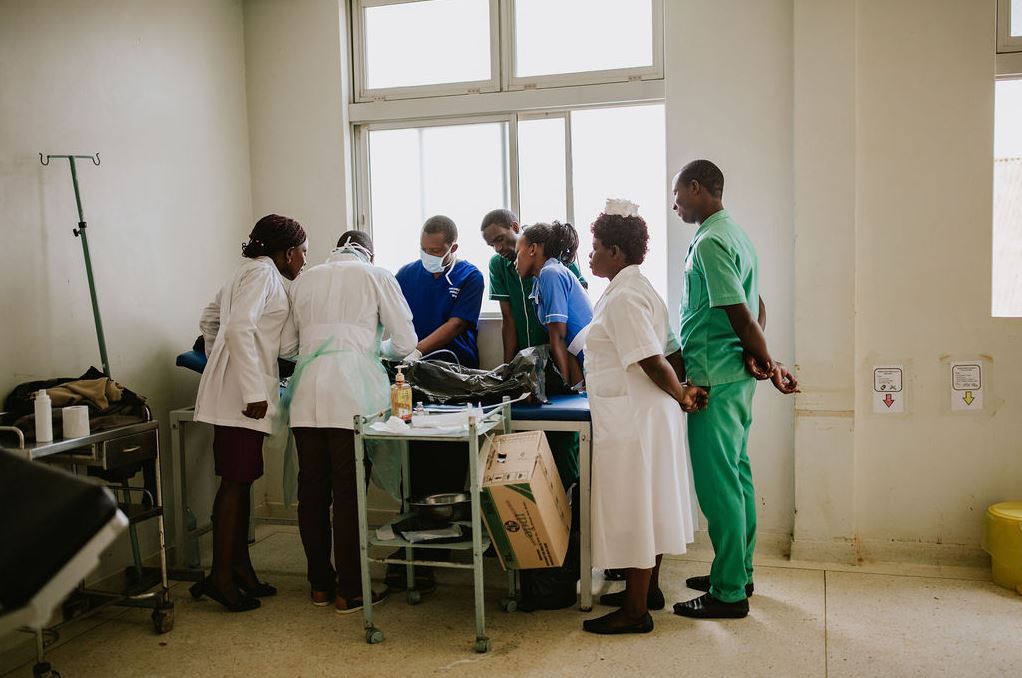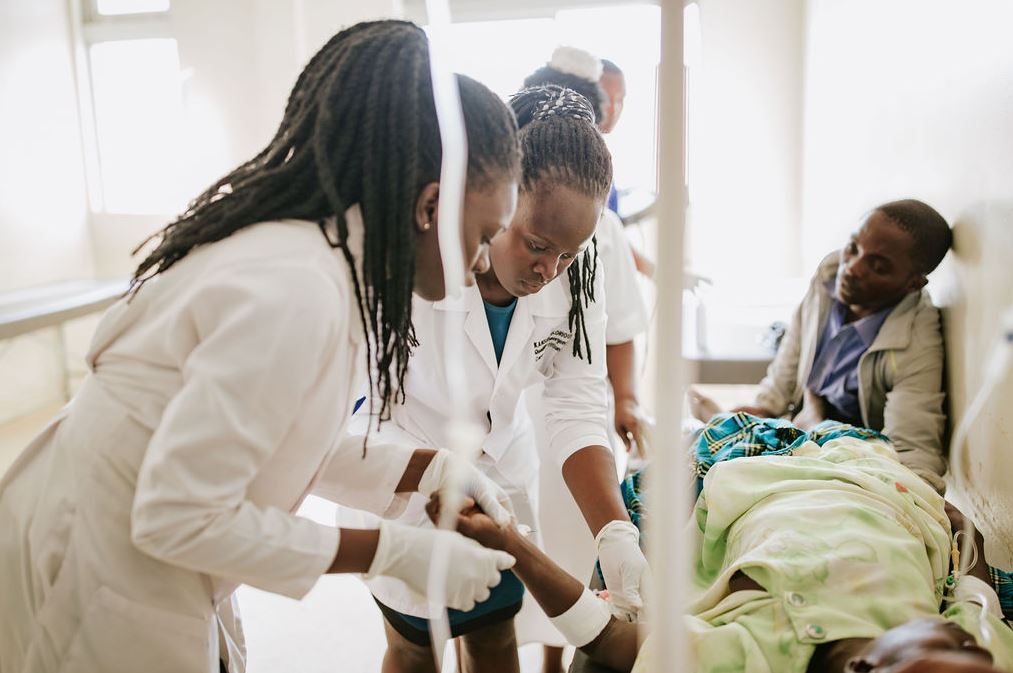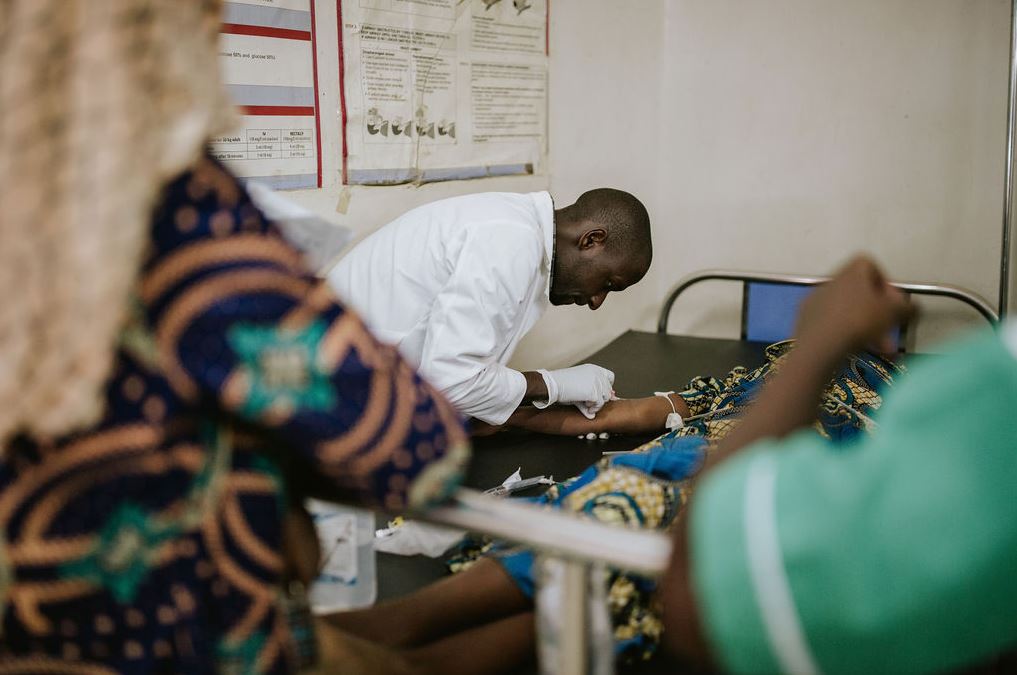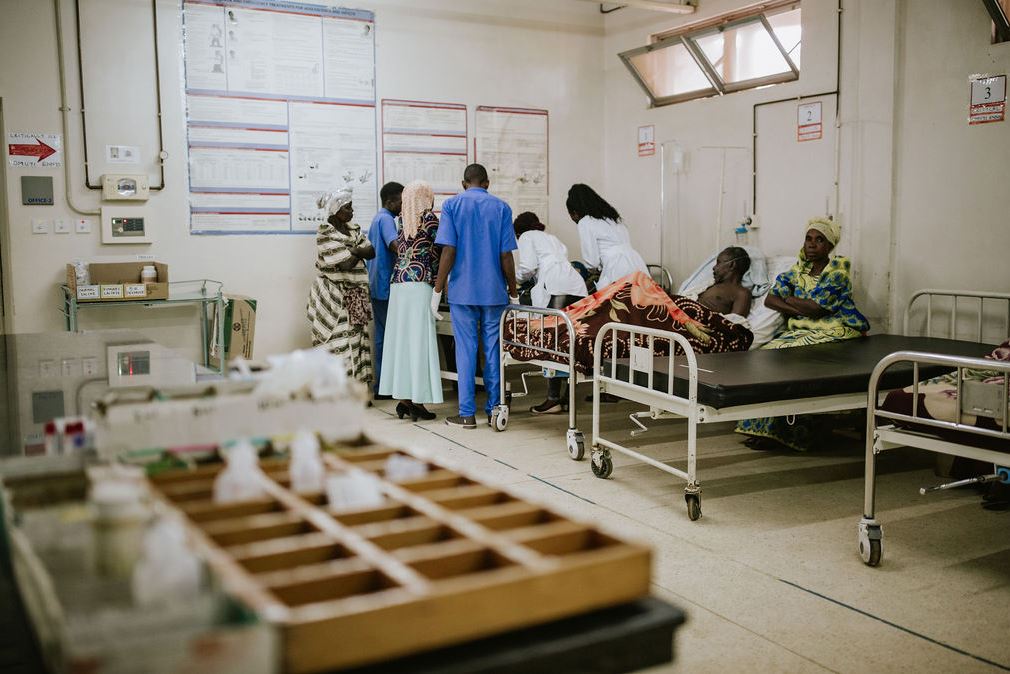Dr. Prisca Dr. Prisca Kizito is a GEC-sponsored EM physician and an assistant lecturer at…
LAUNCHING THE CONTINUING EDUCATION & LEADERSHIP PROGRAM
Emergency Medicine is a vast field, encompassing a knowledge base of essentially every other discipline in medicine and a wide array of procedural skills; practitioners need to constantly stay up to date. This can be a daunting task and one that requires significant support to be achievable.
To support our graduates after they finish their two-year Emergency Care Practitioner training, we are launching the Continuing Education & Leadership (exCEL) Program. The exCEL Program will provide graduates with continuing medical education opportunities to review higher level content, learn new skills, and receive additional mentorship after they graduate. Furthermore, it will enable ECPs to attend regional retreats and larger scale conferences, take emergency care training courses, and access online resources. Once back at their home hospitals, we’re working to set up visits to work with administration on integrating emergency care into their facilities and regular phone calls to support ECPs in their new environment.The need for continuing medical education
In the US, continuing medical education (CME) is required in every field of medicine in order to provide the highest possible level of patient care. Innovations impact how patients should be assessed, treated, and cared for. As a result, medical professionals have to continue their education and stay on top of these changes. Only by doing so can they confidently provide patients with the level of care they deserve. And while continuing medical education is ubiquitous in the US, no such infrastructure exists for emergency care practitioners in Uganda.
As GEC enters our 11th year training Emergency Care Providers, we’re concentrating on CME to achieve sustainability and maintain the excellent outcomes for patients cared for by the ECPs. We’re defining CME in the broadest terms possible—striving not to just maintain skills, but to continually build new skills as the practice of emergency medicine in Africa evolves. This will take creativity on our part, as the continuing education infrastructure for emergency medicine in Africa is in its most nascent stages.



Supporting our ECPs beyond the program
Since 2010, we’ve been funding ECPs to attend regional conferences. These conferences, while a high cost for us as an organization, are invaluable to trainees. ECPs use conferences to present GEC’s work and make connections with providers in other countries and benefit from the high-level continuing education offered at each conference.
Furthermore, ECPs serve as ambassadors of the ECP model, and the concept of non-physician emergency care providers is now recognized as a critical and successful component of emergency medicine development in Africa.
| “AFCEM inspired me to return home and continue moving emergency care forward in Uganda. It was very impactful to have our work, as ECPs in Uganda, acknowledged by important speakers from other African countries and to hear that, because of our success, similar programs are being started in other countries.” —Kizza Hilary, GEC’s Nyakibale Program Coordinator & ECP |
While these conferences are valuable, they’re relatively infrequent. Thus, we deploy emergency medicine volunteers to provide CME opportunities for ECPs to review higher level content, teach new skills, and provide additional mentorship. This has been a highly successful part of our approach, but is insufficient as a stand alone method of continuing education, especially since the ECPs face challenges in their practice that are unimaginable to most doctors practicing in high income countries.
East African conferences on emergency medicine are being organized, large international organizations, such as the World Health Organization are offering training courses in aspects of emergency care, and more online resources are becoming available for ECPs.
All of this continuing medical education comes with a cost
Our extensive volunteer network continually enhances the education we offer our trainees, we want to emphasize how critical it is for us to be able to offer them additional resources to further their education and training.
The educational experiences we are providing the ECPs as they graduate and enter practice are building on the solid foundation we build over their two years of training.
Please support ECPs to walk the path of lifelong learning and provide truly amazing care to those vulnerable patients they care for every day by donating to GEC. Together, we can continue to make lifesaving emergency medical care available to all Ugandans.



This Post Has 0 Comments